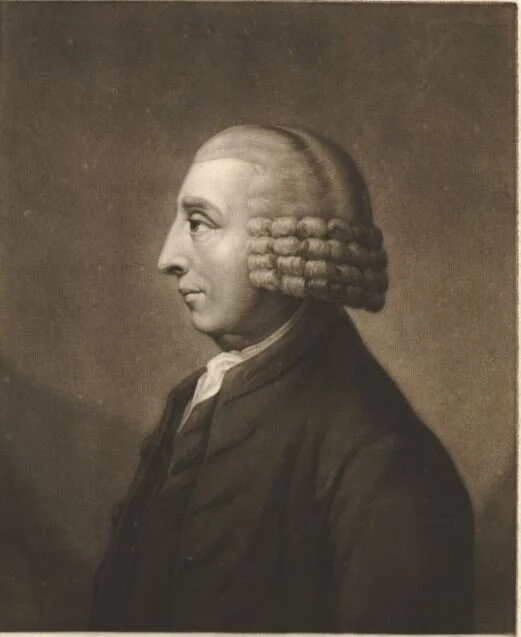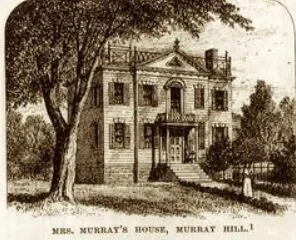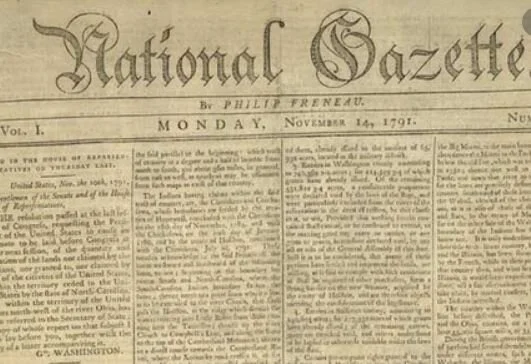We Have Been Told of Phantoms - William Grayson's Constitutional Skepticism
William Grayson gave several important Anti-Federalist speeches on the floor of the Virginia Ratification Convention.
This is the first Anti-Federalist ‘Paper’ I have covered that was not published in its day but spoken in front of an audience. However, its transcript has since become a part of the pantheon of Anti-Federalist Papers so I thought it warranted inclusion in this series.
Additionally, I have already written about William Grayson before and if you are interested that article can be found here: William Grayson - The First Senator to Die in Office
William Grayson
William Grayson was a former Colonel in the Continental Army who had spent some time as an aide-de-camp to General Washington when the debates on the US Constitution began.
Grayson, who was from the powerful State of Virginia, was firmly against the new government.
He was elected to his State’s Ratification Convention where he gave several speeches, two of which have become part of the Anti-Federalist Papers.
We Have Been Told of Phantoms
Grayson’s first important speech is known by the title We Have Been Told of Phantoms.
The phantoms William is referencing are foreign nations. Specifically, he believed the idea that other countries would try to invade is imaginary and outlines the relations between most important contemporary world powers and the United States under the Articles of Confederation.
Furthermore, he dismisses the idea that the Union would fall apart. He sarcastically notes all the reasons for this (even say that the Carolina’s would invade Virginia “mounted on alligators”).
Additionally Grayson notes that, while the Articles certainly needed some amendments, the financial problems stem more from the men in the Continental Congress (whom he had been one of) than from the Confederation itself.
On the Mode of Electing the President
Several days later, Grayson again took the floor and railed against the means by which the President was selected.
His main problem was that, if no candidate received a majority of Electoral Votes, the choice of Chief Executive would fall to the House of Representatives.
William goes through the mathematics of how four candidates could all receive a similar amount of votes and send the election to the House. At that point, a fifth candidate who only received one vote (but was a “favorite of Congress”) could be chosen as President despite being almost unanimously rejected by the people.
Grayson assumes that most would quickly argue that this situation would rarely arrive, but in his estimation it would “often happen.”
Anti-Federalist Senator
Like the rest of the Anti-Federalists, William Grayson would be on the losing side of ratification.
However, in a largely Anti-Federalist Virginia, he was selected as one of the inaugural members of the United States Senate. He was seen to be someone who would fight for the interests of the people and at least help institute a Bill of Rights.
Sadly, just a year later, Grayson obtained the dubious honor of becoming the first member of the United States Government to die in office.
This was just one article in my series on the Anti-Federalist Papers.
If you want to keep up with the entire series, make sure you subscribe to my daily newsletter here:
I’ve put a lot of time into reviewing the Federalist Papers, so if you want to read more, check them out here:






